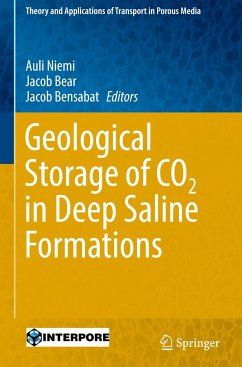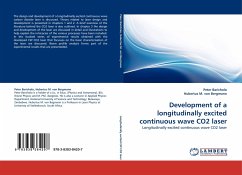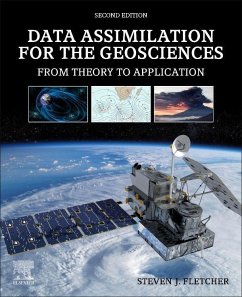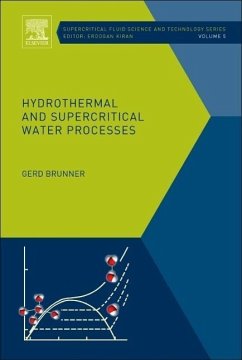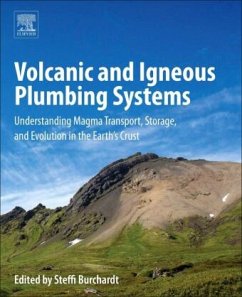
Balancing Greenhouse Gas Budgets
Accounting for Natural and Anthropogenic Flows of CO2 and other Trace Gases
Herausgegeben: Poulter, Benjamin; Canadell, Joseph; Hayes, Daniel; Thompson, Rona

PAYBACK Punkte
62 °P sammeln!
Balancing Greenhouse Gas Budgets: Accounting for Natural and Anthropogenic Flows of CO2 and other Trace Gases provides a synthesis of greenhouse gas budgeting activities across the world. Organized in four sections, including background, methods, case studies and opportunities, it is an interdisciplinary book covering both science and policy. All environments are covered, from terrestrial to ocean, along with atmospheric processes using models, inventories and observations to give a complete overview of greenhouse gas accounting. Perspectives presented give readers the tools necessary to under...
Balancing Greenhouse Gas Budgets: Accounting for Natural and Anthropogenic Flows of CO2 and other Trace Gases provides a synthesis of greenhouse gas budgeting activities across the world. Organized in four sections, including background, methods, case studies and opportunities, it is an interdisciplinary book covering both science and policy. All environments are covered, from terrestrial to ocean, along with atmospheric processes using models, inventories and observations to give a complete overview of greenhouse gas accounting. Perspectives presented give readers the tools necessary to understand budget activities, think critically, and use the framework to carry out initiatives.







